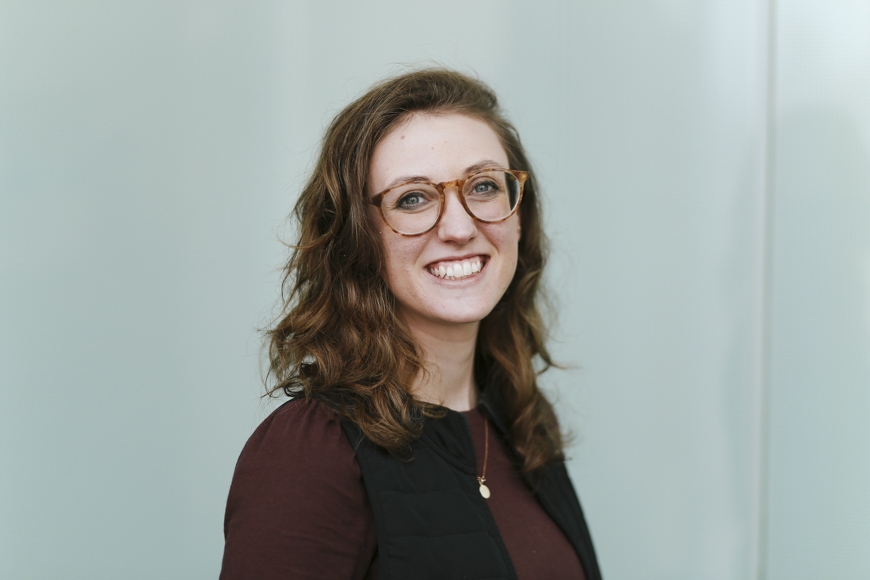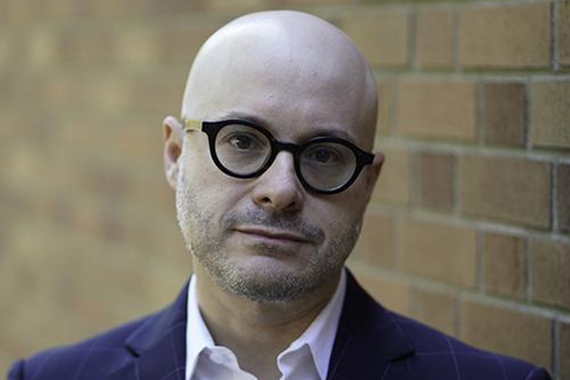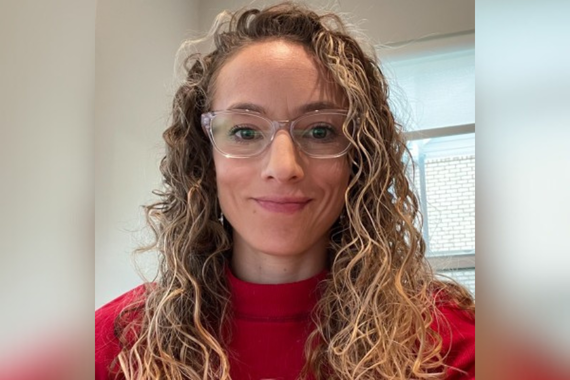Meet PhD Student Ashley Sorensen
Ashley Sorensen, a PhD candidate in the Department of Political Science, grew up near her grandparent’s family farm. Her grandparents, who social scientists may have described as citizens with low levels of political knowledge or interest, nevertheless “frequently shared their disdain for representatives who came from professional class backgrounds,” Sorensen says. “They felt alienated from the representatives due to a perceived difference in work ethic and values.” Their experiences, relationship to production, and political discussions as working-class people, especially the working-class women who raised Sorensen, raised questions that needed answers.
Sorensen realized political science models have been incapable of measuring her family’s political decision-making process. Further, disagreements about measuring the working class have made it difficult to discover groups’ political attitudes and evaluate the extent to which the government represents different groups.
The University of Minnesota Department of Political Science became an ideal place for Sorensen to study how race, gender, and class impact political representatives and how people view them. “One of my undergraduate professors had attended UMN for their political science PhD and they spoke highly of the program in terms of its supportive community.”
As an undergraduate, Sorensen was a poster presenter at the Midwest Political Science Association Conference where Professor Kathryn Pearson and other University faculty members interacted with Sorensen’s display. “I was impressed and honored by their efforts to attend my presentation and felt reassured that I could grow as an individual and scholar at UMN.”
Scholarly Growth
Sorensen’s growth as a political science student and scholar has resulted in her obtaining multiple competitive fellowships and scholarships. The Summer 2021 Graduate Research Partnership Program Fellowship helped advance Sorensen’s research agenda by providing her with the structure to discover the key findings of her research. Working with large datasets with thousands of candidates or survey responses can make it difficult to determine what findings should be highlighted. The fellowship gave Sorensen a platform to publish blog posts with word limits. These word limits “helped me understand what aspects of my research are more impactful than others,” Sorensen explains. “Because of the various types of feedback I received on the content of my work and writing, I now feel more confident that I have the tools to carry out academic research independently.”
Much of Sorensen’s research focuses on house elections and gender and race representation. With co-author Phil Chen, another University PhD, Sorensen published “Identity in Campaign Finance and Elections: The Impact of Gender and Race on Money raised in 2010-1018 U.S. House Election” in Political Research Quarterly. “Although previous research on campaign finance and house elections has found that women and men raise similar amounts of campaign funds,” Sorensen demonstrates, “this trend only holds true for white women.” Sorensen and Chen found that unequal access to campaign funds acts as a barrier to genuine representation of women of color in government.
Building on this research, Sorensen ran survey experiments that showed when more women, Black, Indigenous, and people of color (BIPOC), and working-class people are in Congress, public trust in government increases. This work, as well as Sorensen’s dissertation project, is being supported by the Ornstein Fellowship in American Politics. This competitive fellowship “helped me better operationalize my research ideas for my dissertation and support my career readiness,” Sorensen explains.
Sorensen was also a recipient of the Box-Steffensmeier Scholarship, which provided full tuition coverage to attend the Inter-University Consortium for Political and Social Research (ICPSR) at the University of Michigan. “I wanted to participate in ICPSR because I felt confident in what I wanted to study and its intellectual merit, but I lacked expertise on the specific techniques and tools most effective for my research.” By enrolling in ICPSR, Sorensen now has more tools in her methodological toolbox and is aware of a variety of avenues for answering the same research question.
Advice for prospective students
Sorensen dealt with imposter syndrome when she began graduate school, but with time, “I have realized that I was admitted for a reason and it’s okay to not excel at everything.” This mindset has helped Sorensen focus on what is most fulfilling in the program, such as engaging with students as a teaching assistant or teaching at Macalester College.
For new or prospective PhD students, Sorensen recommends “investing time in getting to know other people in your program. I’ve met some of my closest friends through the political science PhD program and many were recently in my wedding. I didn’t anticipate building these friendships while completing the program, but they have been the most rewarding and impactful part of my experience.”


